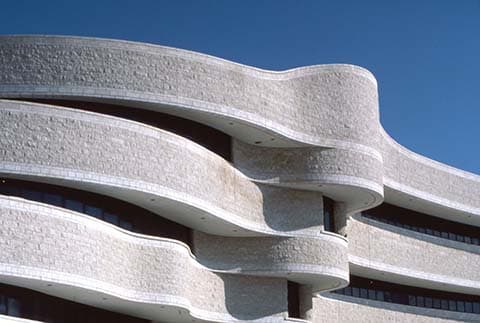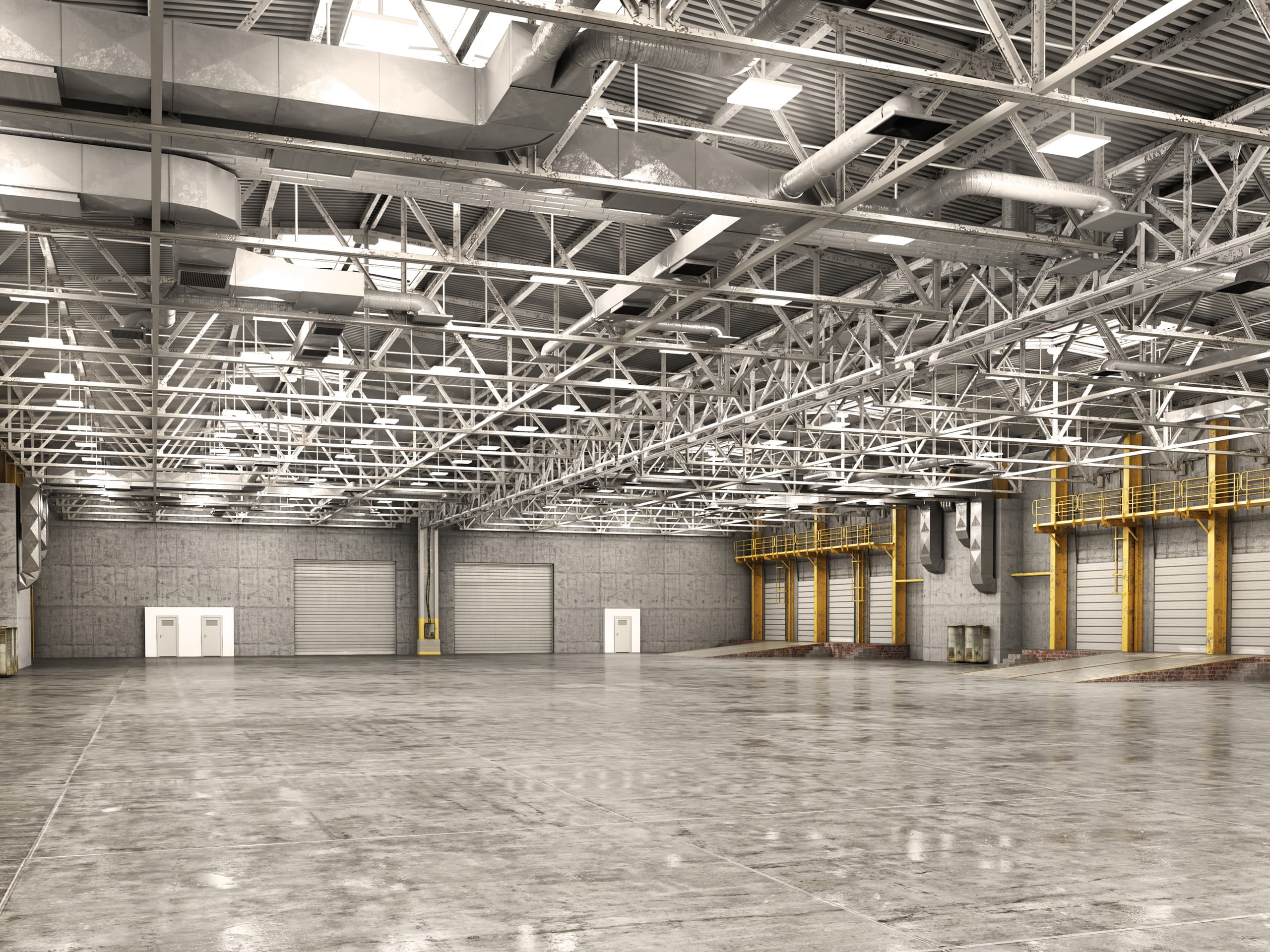
US commercial real estate investment and transactions quarterly
Discover key insights from Altus Group's Q4 2025 US CRE Investment & Transactions Quarterly report. Explore trends in commercial real estate transactions, pricing, and market activity across US property sectors.

How fund managers retake control of the portfolio narrative
Learn how to improve valuation governance, reduce version control issues, and streamline portfolio roll-ups across teams.

What CREFC Miami revealed about CRE debt markets in 2026
Key takeaways from CREFC Miami on macro risk, selective liquidity, and refinancing trends across CRE debt markets in 2026.

560 billion reasons the US CRE market is finding its footing
Tune in as we break down Q4 2025 investment and transaction data, sector pricing trends, and ODCE valuations to see where US CRE stands today.
Featured
Insight
Research
Podcast
Resources
Latest insights






Trending articles
Featured insights
Canadian CRE valuation analysis - Q4 2025
Canada’s office sector surprises to the upside with welcome improvement in valuation in Q4 2025.

Featured insights
Canadian industrial market update – Q4 2025
Canada’s industrial availability increased to 6.3% in Q4 2025, exposing regional divides that may define leasing, rents, and development strategy.

Featured insights
Australian construction price outlook – Q4 2025
Q4 2025 data shows copper prices surged 16.5%, Brisbane leads national escalation through 2027 as structural cost pressures intensify for 2026.

FEATURED episode
560 billion reasons the US CRE market is finding its footing
The CRE transaction market posted its first annual property count increase since 2021, industrial dollar volume surged 54%, and office may finally be finding a floor. In this episode of CRE Exchange, hosts Omar Eltorai and Cole Perry break down Q4 and full-year 2025 transaction data, pricing trends across major sectors and MSAs, and what the numbers say about where the market is heading. Featuring a special conversation with Phil Tily, Alex Jaffe, and Mike Amthor from Altus Group's advisory practice on valuation and performance trends across the ODCE Index.
